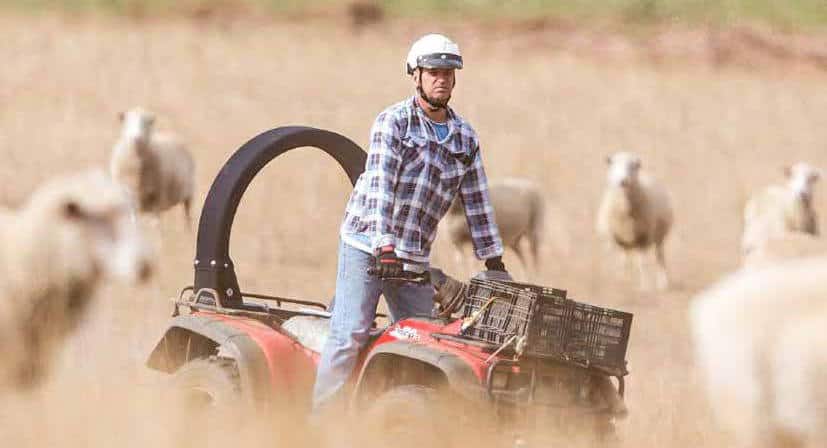Occupational health and safety (OHS) laws are increasingly applying to non-occupational situations. This “responsibility creep” may be part of the reason that public members are complaining about unfair restrictions on what they can do, on their choices, on the way they have done things for years. Many claim that they have no choice to do what they do, that the choice has been taken away from them, but there is always a choice, even if the consequences are uncomfortable.
The misrepresentation of OHS rules and obligations in the United Kingdom media led to a myth-busting program run by that country’s Health and Safety Executive. In many ways, the UK media was being mischievous by exploiting and exacerbating misunderstandings of OHS duties, but it had a significant cultural impact that lives on today. Traditionally OHS duties were easier to understand when they were contained in a workplace (or were seen to only apply to workplaces); when they jumped the fence, the social rules changed.







